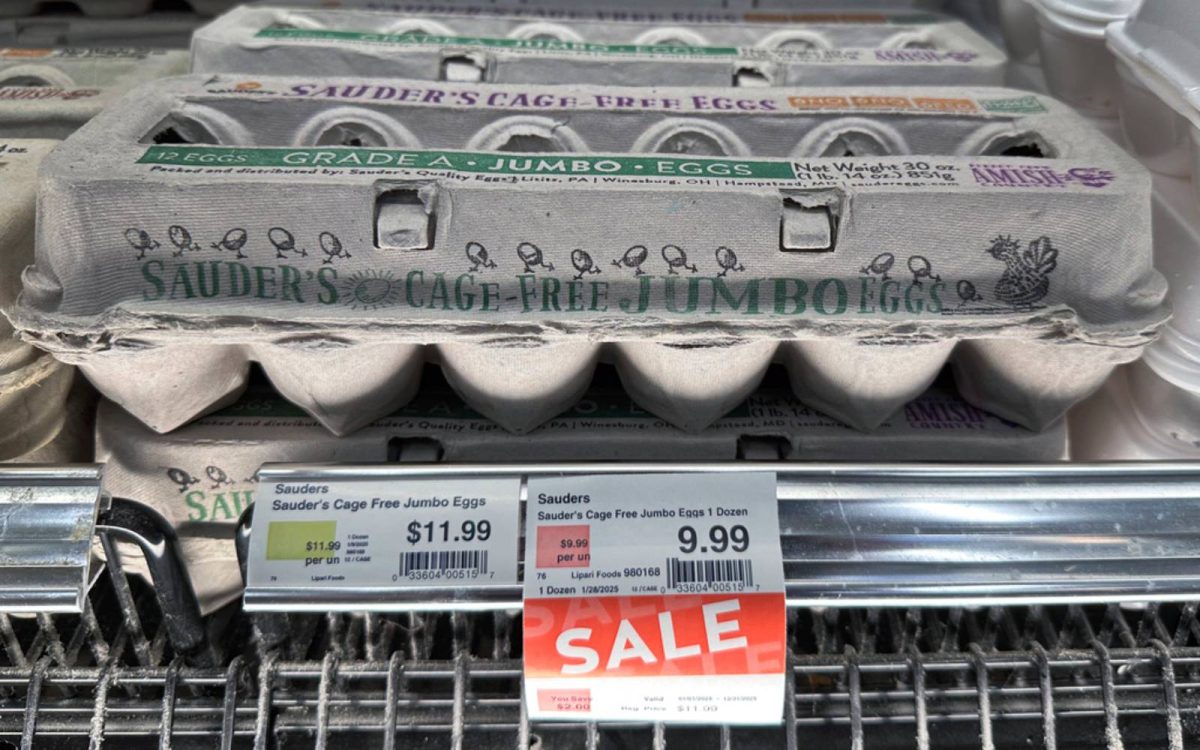As egg prices continue to rise and concerns about bird flu persist, high school community members shared their perspectives on the issue.
The price increase affects household budgets, as eggs are a staple food for many. Some shoppers have adjusted their habits, while others are considering alternatives.
Ramona Smith, science department chair at the high school, said the impact of rising egg prices depends on where she shops. “The prices are high at some places but lower at others. The place I shop at has cheaper eggs than other stores,” she said. She added that she prefers to shop at local stores and meat markets to support small businesses. Neil Bergstrom, an English and special education teacher who enjoys cooking, said he has adjusted his purchasing habits. “I used to buy eggs weekly, but now I buy them biweekly and make sure to use them carefully,” he said.
Chase Pecia, a 10th-grade student at South Hadley High School, said the price increases have also affected his routine. “I had to stop getting eggs every week,” he said.
While the bird flu remains a topic of discussion, some interviewees were not highly concerned.
Smith said she has not followed the news closely but believes that an outbreak is unlikely as long as farmers maintain proper practices. “There may be more concerning diseases to worry about,” she added.
Bergstrom expressed some concern, citing government policies. “The current administration is pulling back oversight for foods, which concerns me that there might be an outbreak affecting other animals and our food supply,” he said.
Pecia, however, said he is more worried about the rising cost of eggs than a potential bird flu outbreak.
When asked about the highest price they would pay for eggs, responses varied.
Smith said she would pay up to $12 per dozen because eggs are a primary source of protein for her.
Bergstrom said he would not pay more than $10, opting for alternatives instead. “I’m starting to use other ingredients to replace eggs and make meals that don’t require them,” he said.
Pecia said he would pay up to $11 but would stop buying eggs if prices increased further. “I would try other ways to get protein,” he added.
Many respondents indicated they are more concerned with rising prices than with bird flu. If egg prices continue to climb, more people may stop purchasing them, shifting their diets away from what was once a common household staple.
The impact of these changes on food habits remains to be seen, but for now, consumers are adjusting to the fluctuating market.




